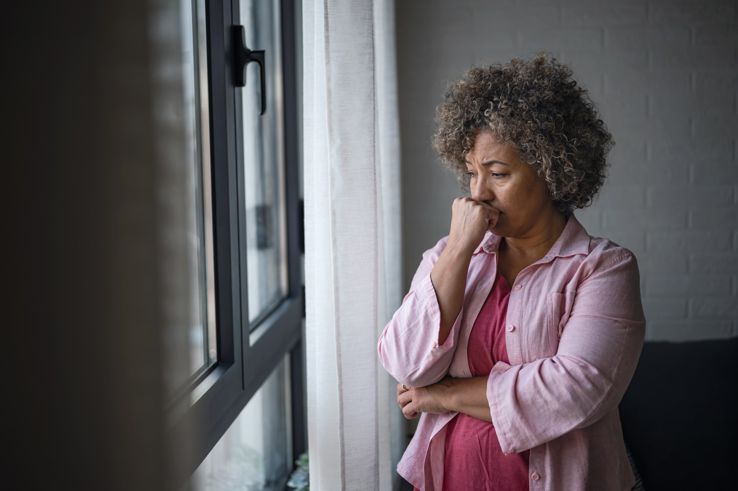Extended periods of loneliness triple a woman’s risk of dying early
Study the first to show a causal link between loneliness and mortality in middle-aged Australian women.

New research by experts at the University of Sydney has established for the first time a causal link between loneliness and early mortality among middle-aged Australian women.
The study, published in BMJ Medicine, analysed data from the Australian Longitudinal Study of Women’s Health, a population-based survey that started in 1996 to explore the factors contributing to the health and wellbeing of over 57,000 women in Australia.
It found that women who felt lonely over an extended period of time were three times more likely to die early than women who did not report feelings of loneliness.
The report’s senior author, Professor Melody Ding from the Sydney School of Public Health, said: “Loneliness is a common experience worldwide – as many as one in three Australian adults feeling lonely during their lives – but when feeling lonely becomes chronic or persists long-term, it may impact a person’s health.”
Loneliness has long been linked to a variety of adverse health outcomes, including cardiovascular disease, diabetes, depression and the development of dementia but until now there has been no research that showed a causal link between loneliness and mortality, and few studies have examined the persistent experience of loneliness over a long period.

Methodology
The researchers used two decades of data from the Australian Longitudinal Study of Women’s Health, which asked women to answer survey questions about their health and wellbeing on a three-yearly basis.
The researchers looked specifically at data from women aged between 48 and 55 at the start of the study, and tracked their health outcomes over the following 15 years.
From this, the researchers discovered that women who did not report loneliness at any point in the 15-year period had a 5 percent risk of dying. However, if women reported feeling lonely throughout the study period, the risk of death tripled to 15 percent.
The study also found a dose dependent relationship between the persistence of loneliness and the risk of mortality, meaning that the more frequently a person reported feeling lonely, the greater their chance of an early death.
Although there is no equivalent longitudinal data looking at the long-term health of men, Professor Ding said that mid-life is a period of transition that may affect women more adversely:

“In middle-age, women are more likely to be the primary caregivers for both young children and elderly parents, as well as going through major physical, psychological and social changes in status such as menopause, retirement and children moving away from home. All of which may affect how socially connected a woman feels.”
Lead author Dr Neta HaGani said that she hopes the research will lead to further studies into the underlying mechanisms for the relationship between loneliness and early morality:
“The research is clear that loneliness not only correlates with existing health problems but causes them. Loneliness is a risk factor that should be screened for by clinicians, just as we would screen for high blood pressure or cholesterol. We also need to raise the public awareness of loneliness to demystify and destigmatise loneliness.”
Research
HaGani, N., Ding, D., et al ‘Loneliness and all-cause mortality in middle-aged Australian women: A causal inference analysis of longitudinal data’ (BMJ Medicine, 2025). (TUOS)



